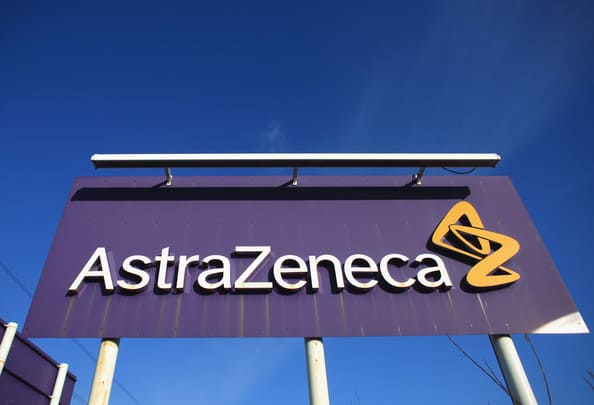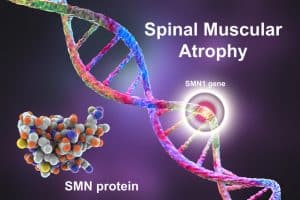
AstraZeneca teams up with rival Lilly for Alzheimer’s
pharmafile | September 16, 2014 | News story | Research and Development, Sales and Marketing | AZD3293, Alzheimer's, Alzheimer’s, AstraZeneca, BACE, lilly
AstraZeneca and US rival Lilly have signed an agreement to develop a new and experimental pill for the treatment of Alzheimer’s.
The two companies will develop and commercialise AZD3293, an oral beta secretase cleaving enzyme (also known as a BACE inhibitor) that is currently in development as a potential treatment for Alzheimer’s disease.
Under the terms of the agreement Lilly will pay AstraZeneca up to $500 million in development and regulatory milestone payments for the medicine. AZ says it expects to receive an initial $50 million in the first half of 2015.
The companies will then share all future costs equally for the development and commercialisation of AZD3293, as well as net global revenues post-launch.
Amyloid and tau theories
The progression of Alzheimer’s is believed to be characterised by the accumulation of amyloid plaque in the brain, which is comprised of peptides called amyloid beta – and it is in this area that research has tended to focus over the last couple of decades.
But there is a second area of research which looks at the build-up of tau protein that forms tau tangles inside neurons. There is also now a theory that both plaques and tangles are required for the disease to develop, with amyloid beta initiating the disease process and tau tangles then contributing to neuronal toxicity and death.
The formation of tangles which mostly occur after beta-amyloid plaques have developed, is thought to stop nutrients and essential molecules, leading to progressive loss of structure or function of neurons.
Both Lilly and AZ have thrown their weight behind stopping the build-up of amyloid plaques, and inhibiting BACE is expected to prevent the formation of amyloid plaque and eventually slow the progression of the disease.
AZD3293 works as a BACE inhibitor pill that has been shown in Phase I studies to significantly and dose-dependently reduce levels of amyloid beta in the cerebro-spinal fluid of Alzheimer’s patients, and healthy volunteers.
There have been a number of trials in this area over the past five years but none have produced strong results, with recent disappointments being posted by Lilly for solanzeumab, and Pfizer for its ‘bapi’ drug.
AZ and Lilly will hope that by joining forces combined with the success of early stage trials, this will help produce better results for this disease – but it remains a risky area littered with past failures.
The Anglo-Swedish firm has said in recent months that the drug could make as much as $5 billion a year – but AstraZeneca gave it only a 9% chance of success on a risk-adjusted basis given the high failure rate in the Alzheimer’s research field.
‘Rapid development’
In a joint statement AstraZeneca and Lilly say they aim to progress AZD3293 ‘rapidly’ into a Phase II/III clinical trial in patients with early Alzheimer’s disease.
Lilly will lead clinical development, working with researchers from AstraZeneca’s Innovative Medicines Unit for neuroscience, while AstraZeneca will be responsible for manufacturing.
Mene Pangalos, executive VP of innovative medicines and early development at AstraZeneca, says: “Alzheimer’s disease is one of the biggest challenges facing medical science today and BACE inhibitors have the potential to target one of the key drivers of disease progression. We are looking forward to working with Lilly, an organisation with a long term commitment to and expertise in treating Alzheimer’s disease.”
Many firms have been teaming up in recent years to help develop new medicines for Alzheimer’s as companies are struggling to do this on their own, with many also leaving the area altogether after a series of trial setbacks.
The last drug to be approved for the condition was Pfizer’s Aricept (donepezil) at the turn of the millennium, but this drug does not slow the condition, only relieve symptoms for a short while.
Ben Adams
Related Content

NICE recommends Benralizumab for Rare Form of Vasculitis
The National Institute for Health and Care Excellence (NICE) has recommended AstraZeneca’s benralizumab (Fasenra) as …

Lilly’s drug for early Alzheimer’s shows promising results
Eli Lilly (Lilly) has announced positive new data from the long-term extension of its phase …

NICE approves AstraZeneca’s dual immunotherapy for advanced liver cancer
AstraZeneca has received a positive recommendation from the National Institute for Health and Care Excellence …






